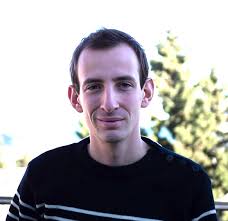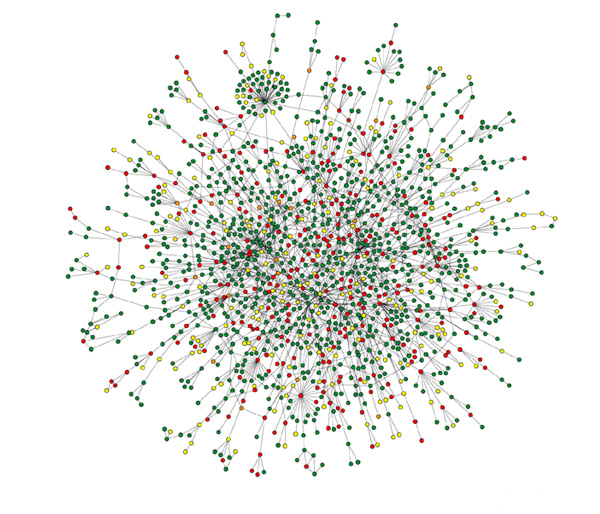M2 Second semester, courses
Statistical physics of ecosystems
Many natural ecosystems are home to a staggering diversity of species. How do so many species coexist? What principles underly the organization of ecosystems? How do they evolve over time or respond to perturbations? The aim of this course is to show how tools coming from the statistical physics of nonequilibrium and disordered systems can be used to approach such questions.
Outline
1. Introduction
(a) What can statistical physics possibly teach us about ecosystems?
(b) Some generic ecological patterns through scales and biomes.
2. Fluctuating dynamics of a single population
(a) Logistic growth and demographic fluctuations. Extinction times.
(b) Spatially structured populations. Connection with directed percolation.
3. Many-species dynamics
(a) Models of interacting populations (Lotka-Volterra, MacArthur). Few-species examples.
(b) Equilibrium coexistence: stability, invadability, susceptibility.
(c) Models with random interactions: May instability, transition to chaos, dynamical mean-field theory.
 Thibaut Arnoulx de Pirey, IPhT, CEA
Thibaut Arnoulx de Pirey, IPhT, CEA

Comments are closed


